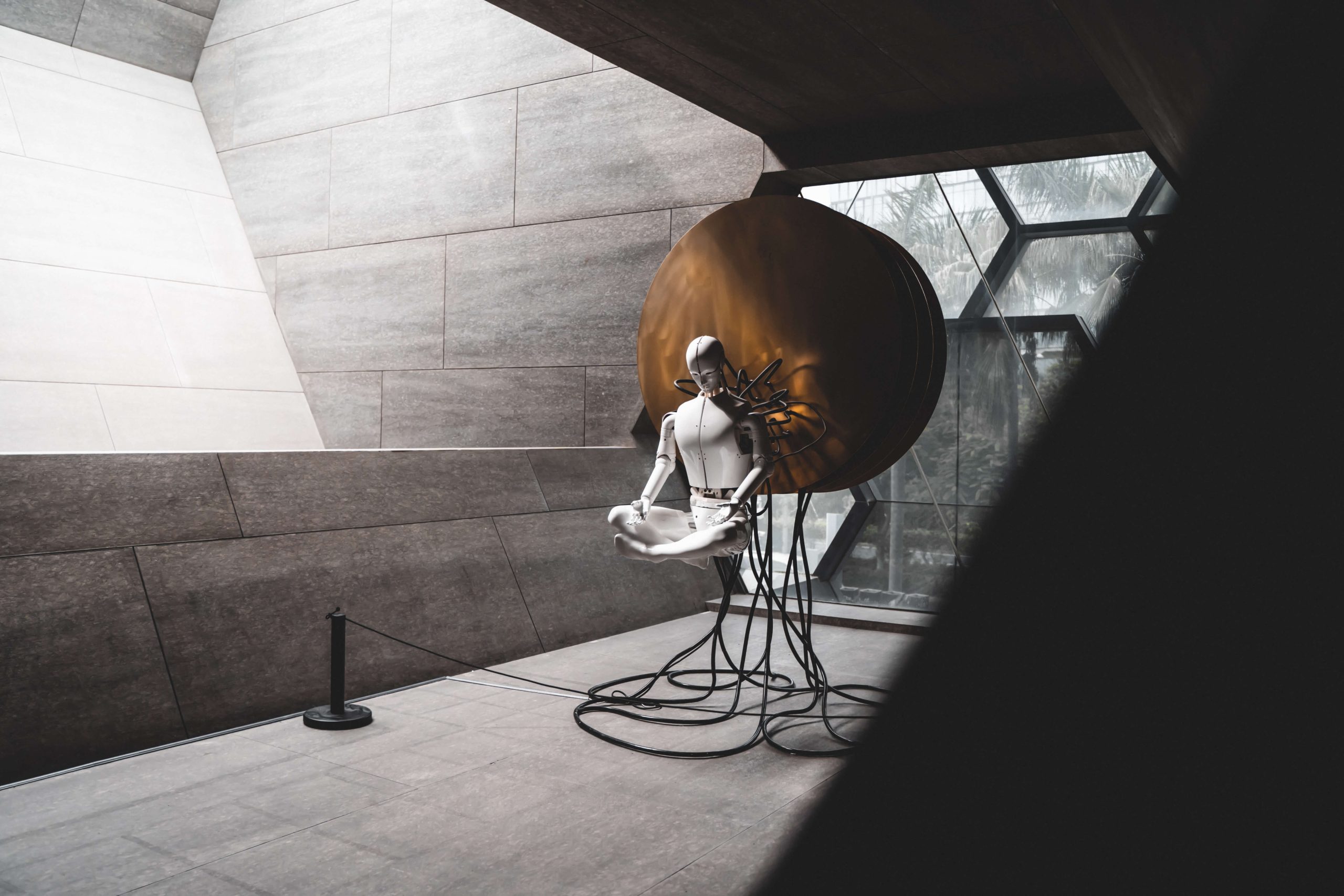
P2P Plant, Liepaja, Latvia
P2P plant converts pre-sorted plastic into sulfur-free fuel. Based on the depolymerisation process that converts plastic waste based on PP (polypropylene) and PE (polyethylene) with a blend of other plastic waste up to 5% during thermal transformation to medium mineral oil, light mineral oil, gas and a solid residue. The fuel will be used in cogeneration plant (2 MW electricity + 1.1 MW heat)
The solution:
The solution developed by the project team entails developing a plastic to sulfur-free petrol (P2P) plant combined with electricity and heat generation plant in Liepaja, the western coast of Latvia, with a total capacity of 3 MW. This system will convert plastic packaging waste into petrol.
One such system will eliminate 3’000 tons of unprocessed waste or EUR 2.4 million
of the penalty tax annually. Installing 8 systems would result in total avoidance of EUR 20 million penalty tax.
The fuel will be used in cogeneration plant to produce electricity and heat (1.9 MW
electricity and 1.1 MW heat). Heat will be sold to municipality and electricity will be
sold to the electricity provider.
The output product has acquired the end of waste status according to the EU Directive 2008/98/EC and complies with existing legislation and standards applicable to products – secondary fuels.
Since 1 January 2021, there is a new penalty tax introduced in the EU which applies EUR 0.80 per kilogram of unprocessed plastic packaging waste.
Due to this implemented tax, Latvia currently pays up to EUR 20 million annually for the unprocessed plastic packaging waste. The unprocessed plastic waste ends up in landfills contributing to pollution.
Competitive Advantage:
Currently the plastic waste processing in Latvia is limited to mostly PET plastics, and plastic packaging waste is not collected, resulting in the tax penalty. Thus, currently there is no direct competition in the market.
From technological perspective, the technology selected by the team for plastics to petrol conversion process is proven to work with interruptions which is a major advantage among similar technologies. Competing technologies are prone to downtime caused by mechanical and technological failures causing suboptimal output and increased costs.

Robotics